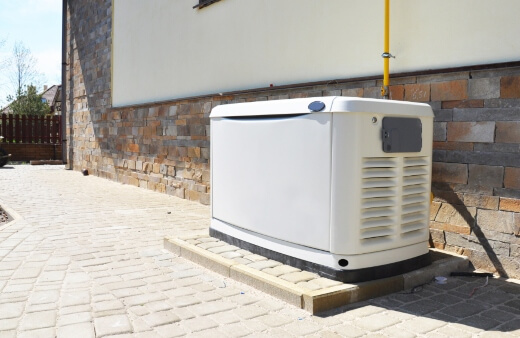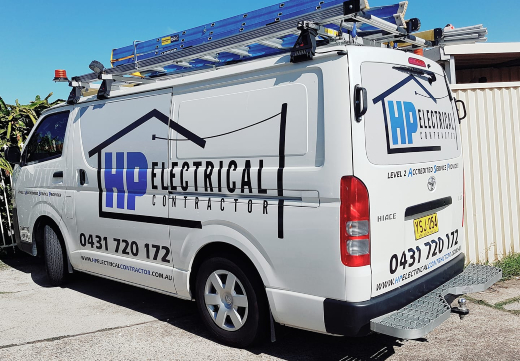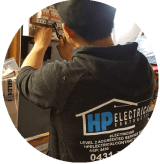
Electrical outages do not usually last for long periods of time. But when they do, it can be a real inconvenience. As a society, we have come so used to having electricity for our everyday needs, that when it is out, we do not know what to do. This is when a house generator comes in handy.

What is a Generator?
A generator is a temporary power supply. You can use it to light your house and run electronic devices. The amount of power you receive from the generator will depend on the size of the generator you purchase.
What are the Different Types of Generators?
There are three main types of generators. They are portable, standby, and inverter.
- Portable Generators
A portable generator is powered by petrol or diesel. The generator can provide temporary electrical power for a few electronic devices. These generators are good for construction sites and motor homes. As the name suggests, they are easily portable and can be moved around and stored away.
- Standby Generators
Standby generators are often run by natural gas, diesel, or propane. When the electricity goes out, a standby generator will automatically start. The electrical load is transferred, and the generator supplies electricity to the circuits.
When the utility company restores your power, the generator will transfer the electrical load back and turn off. Standby generators are the best solution for house generators.
- Inverter Generators
The computer of an inverter generator regulates the electricity. The generator first produces AC current which is then converted to DC current. It is then converted back to AC current by the computer.
Since inverter generators control the power, they are safer for sensitive electronic devices such as TVs, computers, tablets, and smartphones.
Click here to find the best generators available in Australia.

How to Connect Generator to a House
Backup generators can be a real lifesaver. If you go without power for too long, the food in your refrigerator can go bad. Electricity is also necessary for keeping your home at a comfortable temperature.
If you are tired of losing power or are being proactive and want to have a generator connected to your house, call a Level 2 Electrician. House generator installation is not an easy task and if done incorrectly can be disastrous.
An improperly installed house generator can lead to electrocutions, carbon monoxide poisoning, and a gas leak, among other things. First, you need to install a transfer switch, then the generator is installed.
If a switch is not installed, the generator will not turn off when the electricity comes back on. This is dangerous and can cause an electrical overload. The switch stops the temporary power coming from the generator as soon as your power is restored.
Contact Us for Your House Generator Installation
Our level 2 electricians understand the intricacies of installing a house generator. They have the experience and knowledge needed to install it professionally and safely. Once they have completed the job, you can rest assured knowing you will have electricity the next time the power goes out.
If you are getting ready to have a generator installed, it is very important that you call an expert. At HP Electrical Contractor, our licensed and insured Level 2 Electricians will carefully install your house generator.

